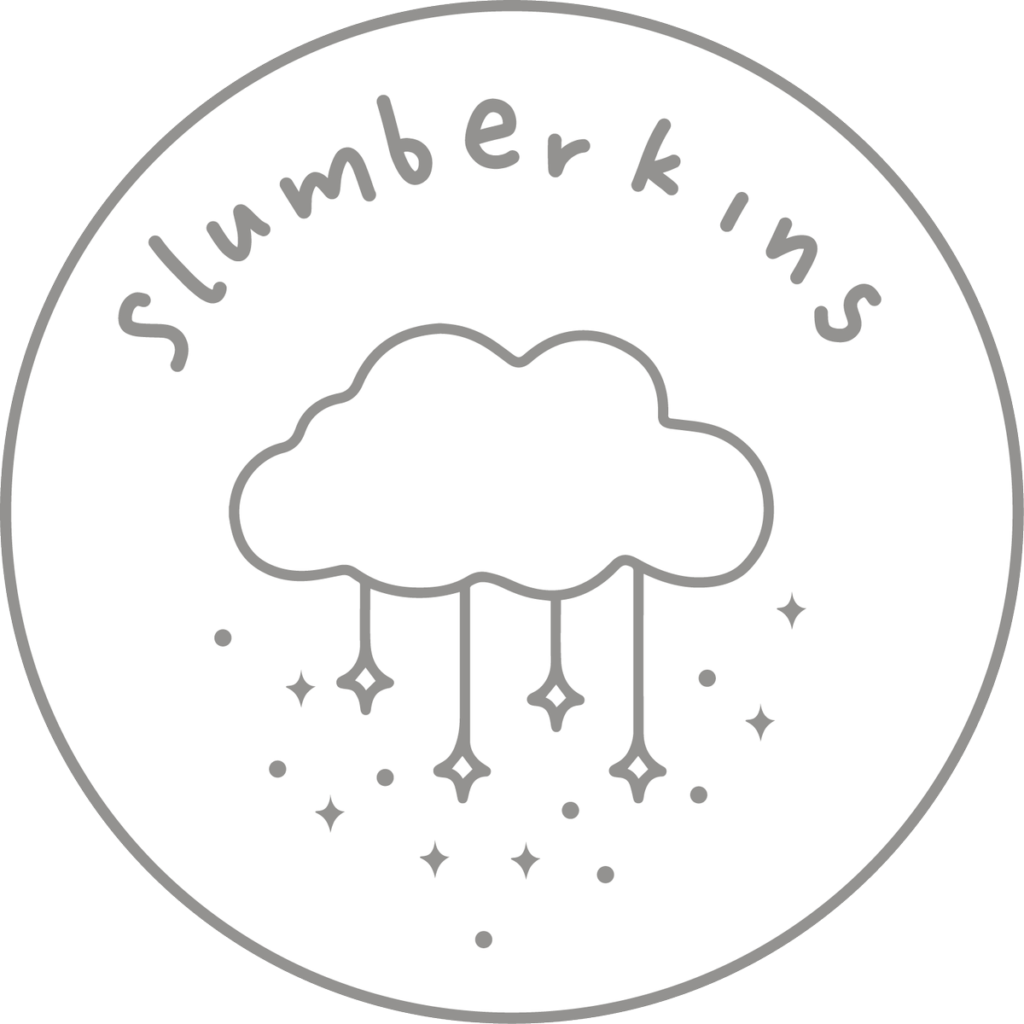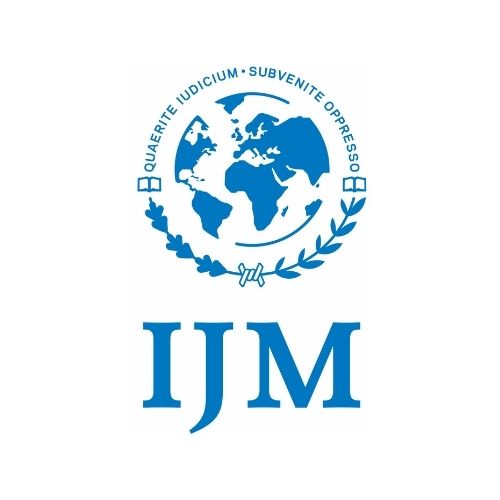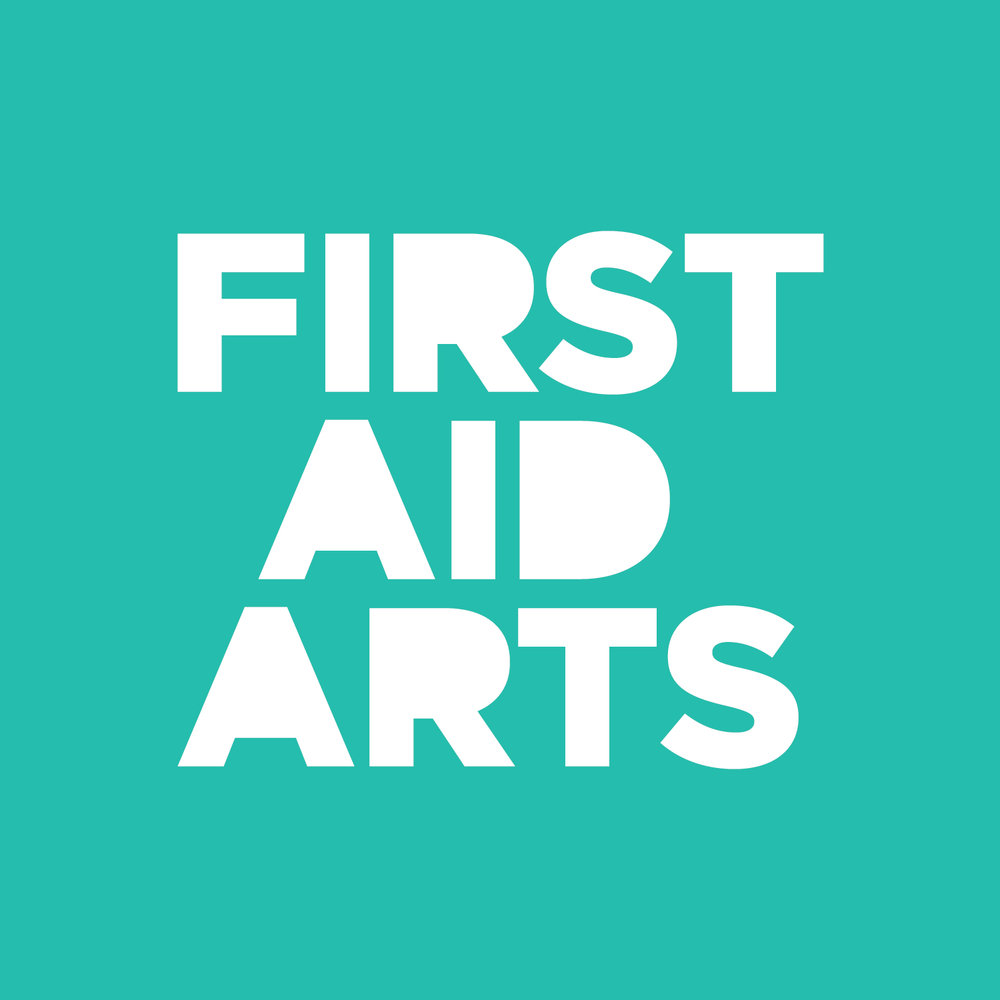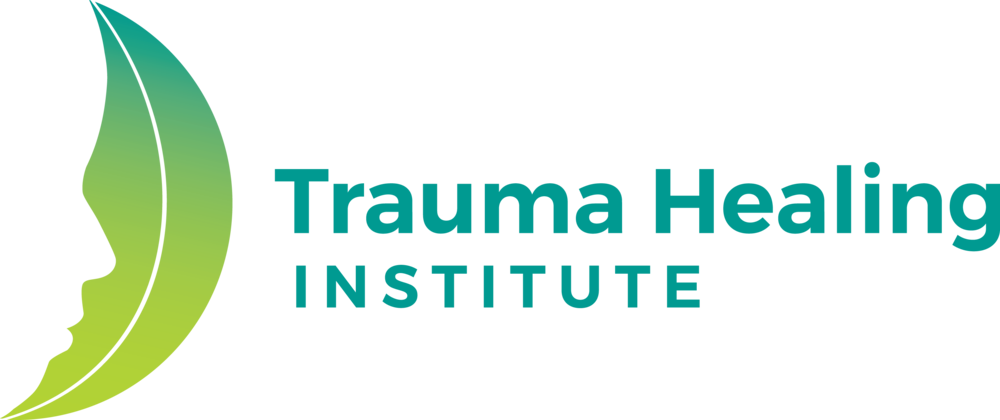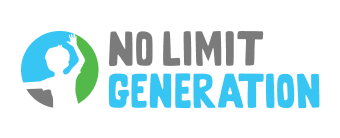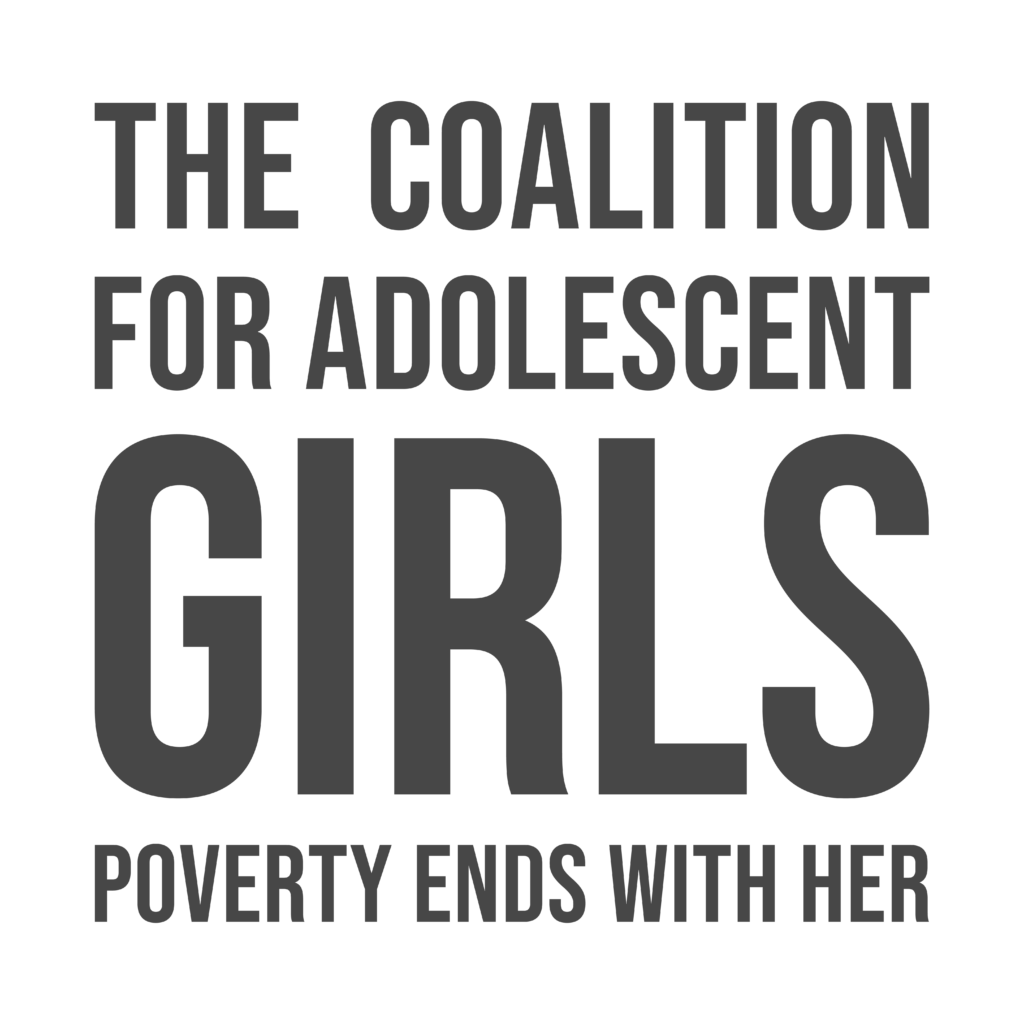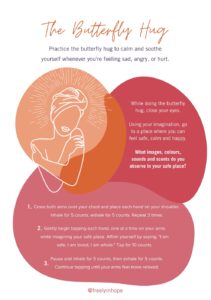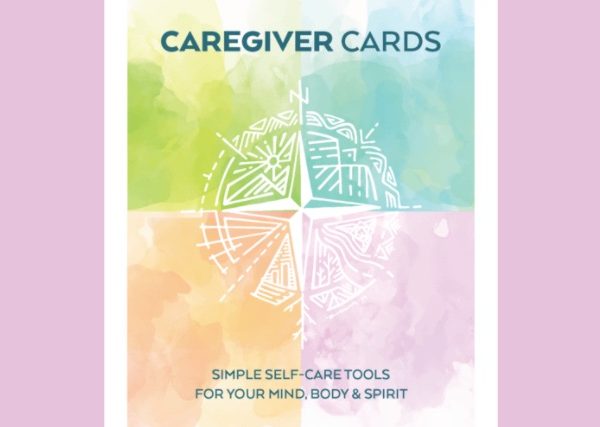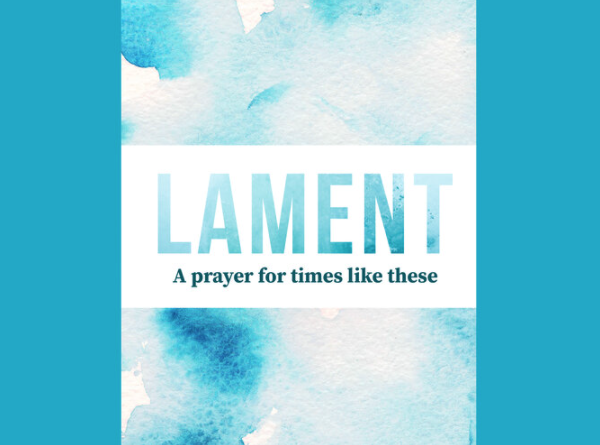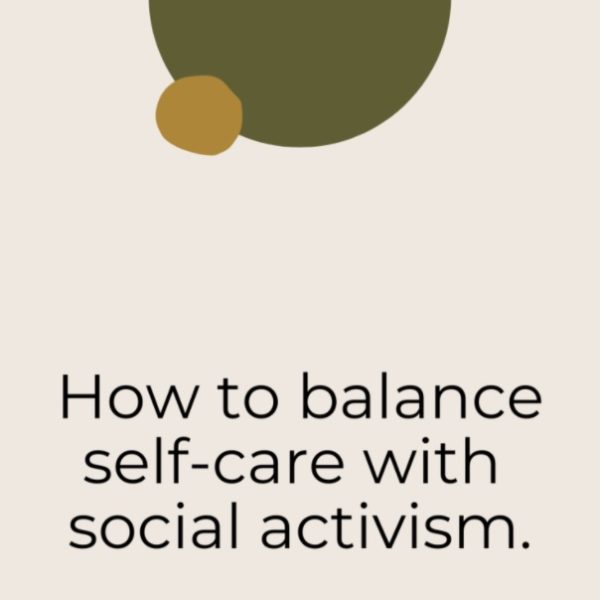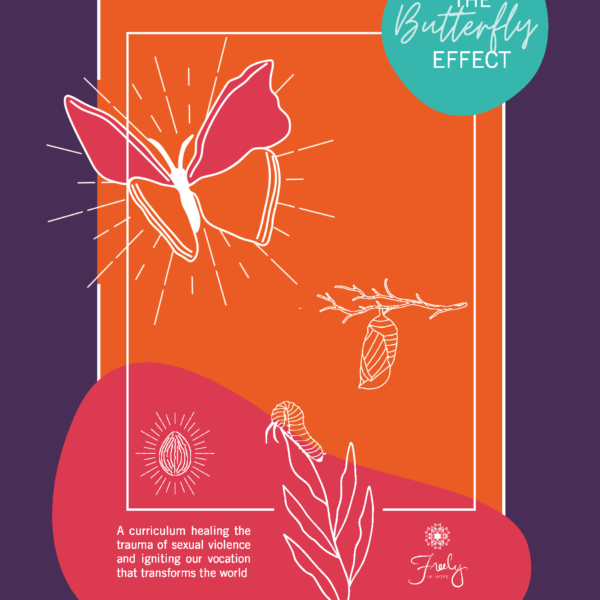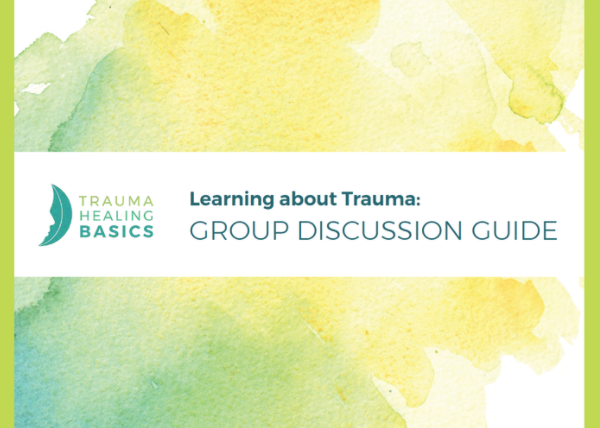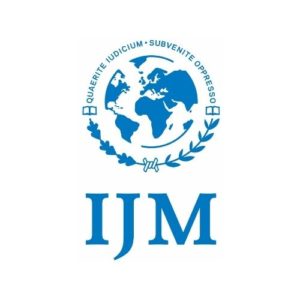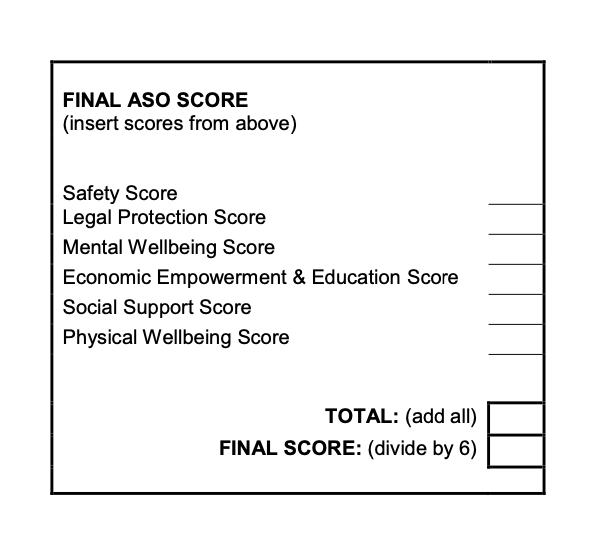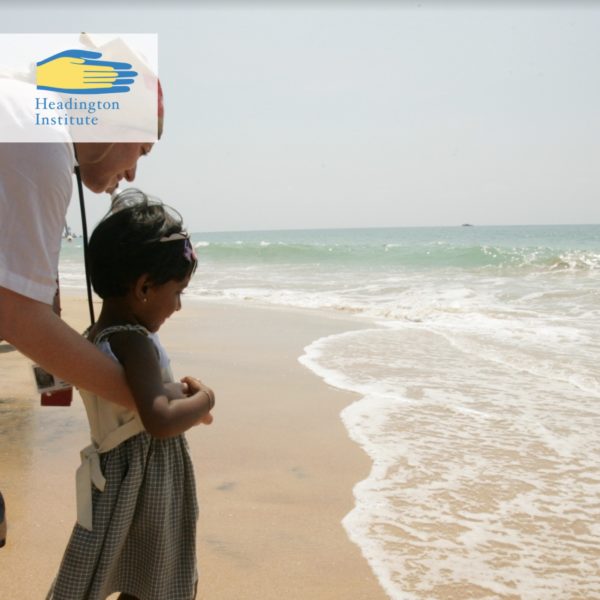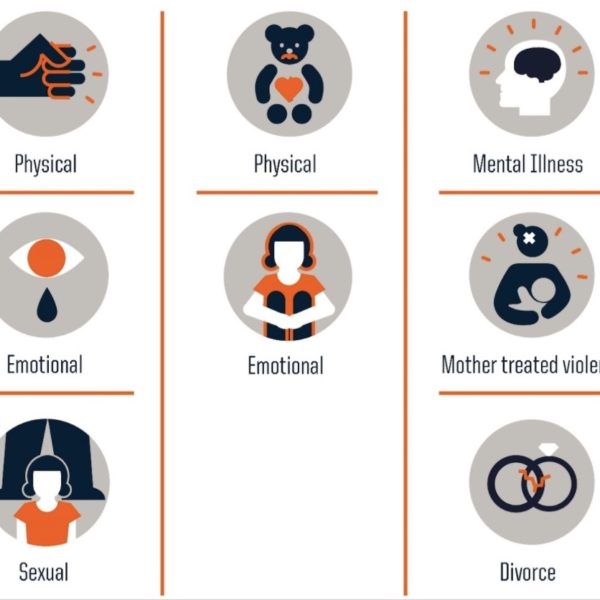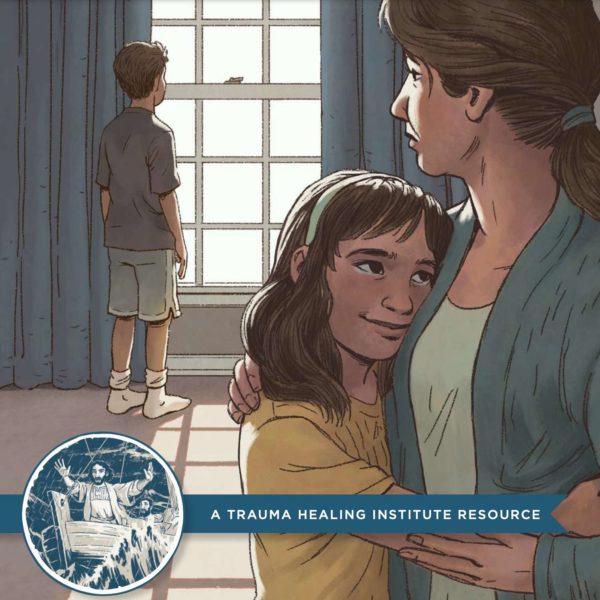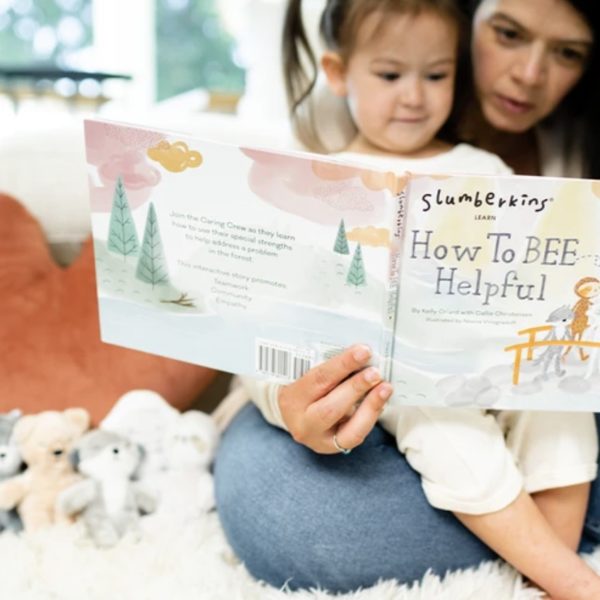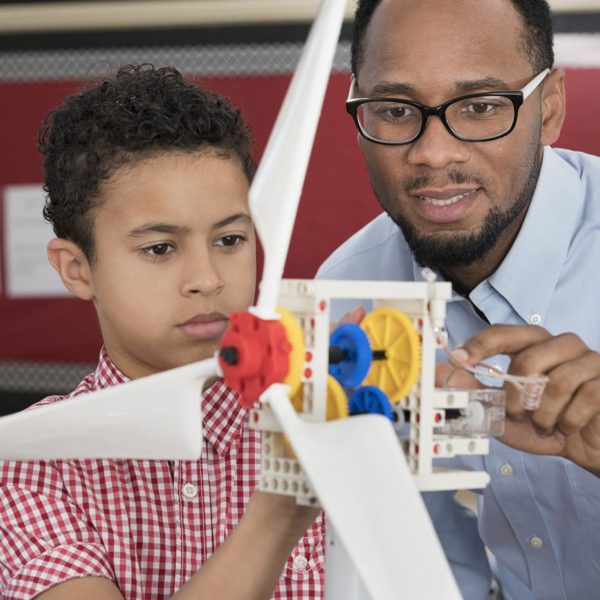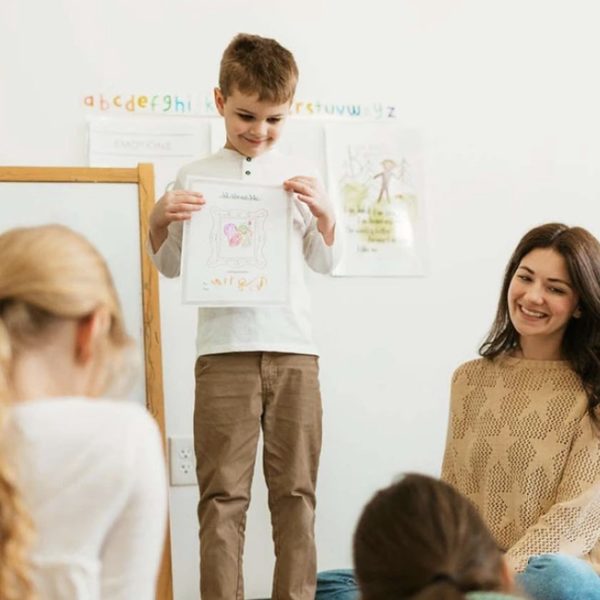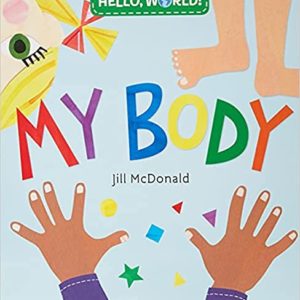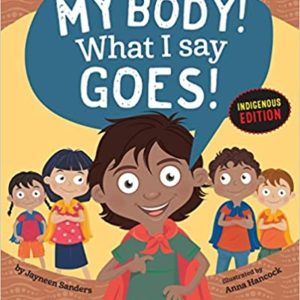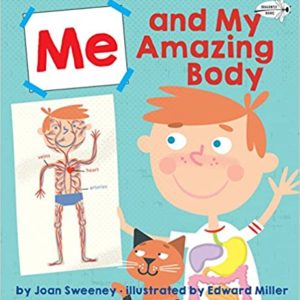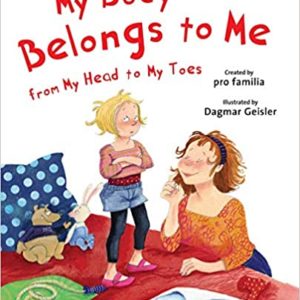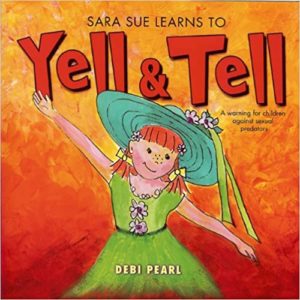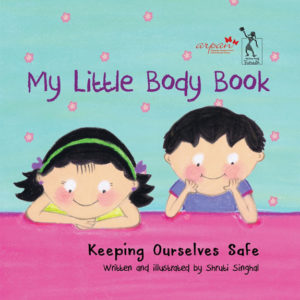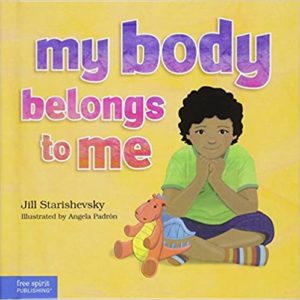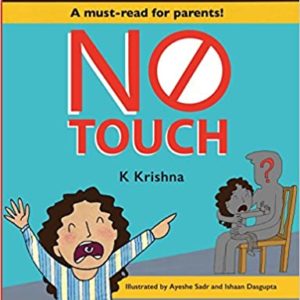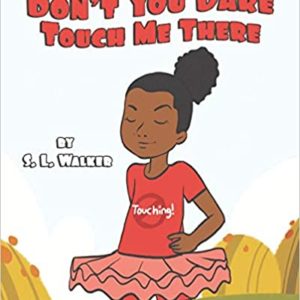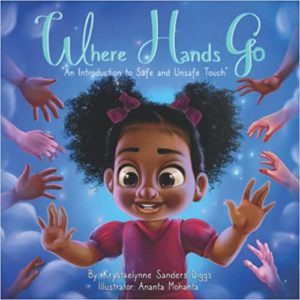
advocates toolkit
The Advocates Toolkit is a library of resources for parents, educators, and leaders in churches, organizations, and communities. In this resource, you’ll find digital curriculum resources, video training, curriculum, and children’s books that can be utilized in your communities.

trauma-informed parenting trainings
understanding body autonomy and trust-building
In this video, Naz introduces the P-A-N-T-S rule to help children understand body safety, autonomy, consent, and trusted relationships.
Building connection with your child
Asking about your child’s highlights and low points of the day can help parents build connection and identify any areas of stress or anxiety your child might be experiencing.
Affirming your child through superpowers
Helping your child identify their superpowers is a fun way to empower, affirm, and honor your child’s autonomy. Saying their superpowers out loud is a helpful practice for children to remember even as things might change around them.
releasing stress through breathwork
Practicing breathwork for children is an empowering practice that they can do at any time to soothe, calm, and ground themselves in tension. Try blowing up and releasing balloons with them and watch the tension fly away!
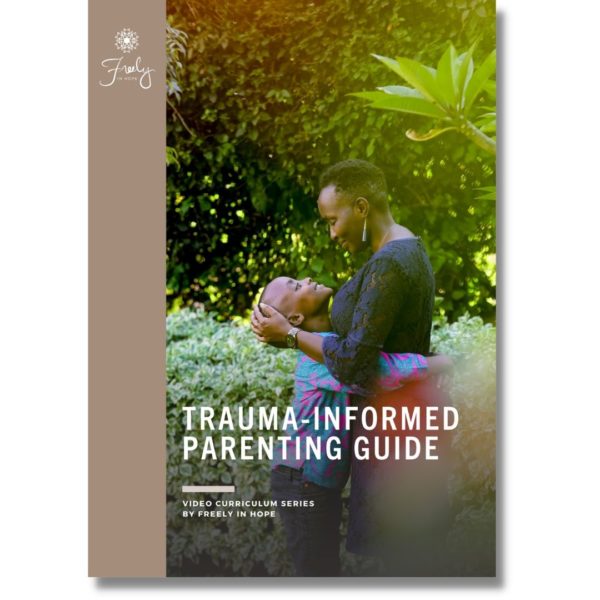
Get the companion guide
The Trauma-Informed Parenting Guide provides the basics of trauma-informed care to empower parents and caregivers to have age-appropriate conversations with their children around sexuality, sexual abuse, and trauma healing.
You have Successfully Subscribed!
articles by survivors

Maryanne: From Survivor to Child Protection Advocate
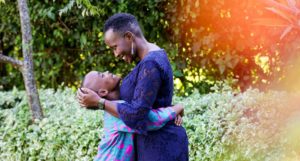
Resources that protect children
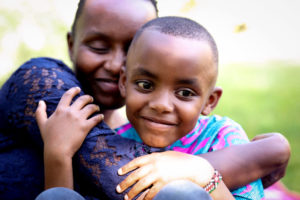
3 Ways You Can Keep Kids Safe During the Holidays
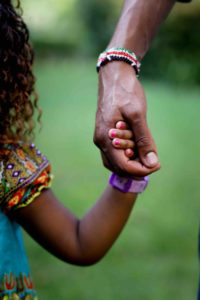
Protecting Your Child During Elections
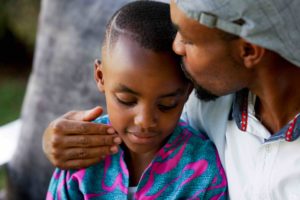
4 Ways to Parent from a Trauma Informed Perspective
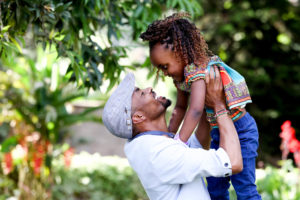
Nurturing Your Child’s Mental Health

caregiver video trainings
How can caregivers help prevent and respond to sexual abuse? Global Health expert Meera Seshadri shares guidance on how to handle challenging conversations and how to navigate them in a culturally sensitive way.
Career Child Protection and Psychosocial Support humanitarian, Wayne Bleier helps us understand the most common dangers faced by vulnerable and displaced children, how to enlist their support in co-creating safety solutions; and the importance of creating “sacred” spaces where children feel seen, valued, and safe.
In this series, we break down the impact of displacement, instability, violence, and trauma in children, and offer exercises to support children in their healing journey.
MENTAL HEALTH RESOURCES FOR CAREGIVERS
Inspired by our skill-building collections, these meditations have been therapeutically designed to help you lead the way for your child’s emotional growth.
Our work of advocacy must be sustained through self-care as we bring healing to ourselves so that we can bring about healing to our community of survivors. Here are 5 points to help you practice intentionality in caring for yoruself.
Try these science-based First Aid Arts activities to address stress, boost your mental and emotional immune system, and build resilience!
Try this butterfly hug exercise to center and calm yourself whenever you feel your anxiety rising. This is a helpful exercise to bring their bodies to awareness and safety.
To support your mental health journey, we also have a print-out version with instructions to use for personal or organizational use. Get the download here!
Caring for others is important work. So is caring for yourself. These print-at-home cards can help you care for yourself and experience God’s love when the burden of caregiving feels overwhelming.
It often feels difficult to pray in times when we are experiencing deep suffering. The Bible has a blueprint for a kind of prayer that helps us pour out our pain to God.
Just like your body needs time to sleep to rest and recharge, your mind needs time to recharge, too. Taking time to reset your mind can make you more productive when you get back to work.
resources for organizations
This curriculum, designed for survivors and by survivors, follows four themes captured by the metamorphosis of the butterfly. Access the videos and curriculum for free.
A guide to help people recognize the three most common ways the pain of trauma affects people’s minds, bodies, and spirits.
Today, we are living through a trauma epidemic. This is an easy-to-use discussion guide to help groups of people to learn about trauma and healing together.
This training focuses on application skills for enhancing communication and interaction between caregivers and survivors.
The goal of this assessment is to evaluate a survivor’s functioning and level of vulnerability to revictimization.
Try these science-based First Aid Arts activities to address stress, boost your mental and emotional immune system, and build resilience!
Every humanitarian worker should understand and recognize vicarious trauma and know how to help reduce and address it.
When young children experience serious fear-triggering events, they associate that fear with the context and conditions that accompanied it. Fear conditioning leads to anxiety disorders.
This training manual and
the related guide for facilitators UNICEF aims to
make a valuable contribution to ending child trafficking.
resources for parents
This is a Bible-based resource for parents and children in the COVID-19 pandemic. It is informed by best practices in mental health as well as two decades of experience using trauma healing worldwide with churches from every tradition.
Access free resources, videos and activities that assist caregivers in furthering children’s early emotional learning and understanding of big feelings.
resources for educators
While a parent may have the biggest influence on a child’s life when it comes to educating about healthy sexual development and reducing the risk of sexual abuse, many adults also play an impactful role—especially teachers. They have the potential to be an important safety net for kids who are at high risk for sexual abuse at home.
Access free resources, videos and activities that assist educators in furthering children’s early emotional learning and understanding of big feelings.
thanks to our sponsors & contributors
